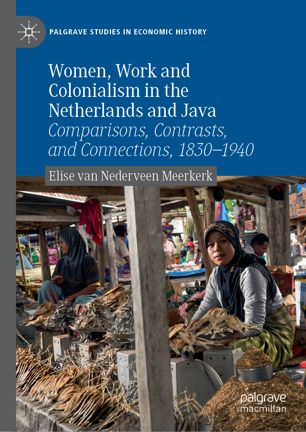

Most ebook files are in PDF format, so you can easily read them using various software such as Foxit Reader or directly on the Google Chrome browser.
Some ebook files are released by publishers in other formats such as .awz, .mobi, .epub, .fb2, etc. You may need to install specific software to read these formats on mobile/PC, such as Calibre.
Please read the tutorial at this link: https://ebookbell.com/faq
We offer FREE conversion to the popular formats you request; however, this may take some time. Therefore, right after payment, please email us, and we will try to provide the service as quickly as possible.
For some exceptional file formats or broken links (if any), please refrain from opening any disputes. Instead, email us first, and we will try to assist within a maximum of 6 hours.
EbookBell Team

4.7
96 reviews‘This book makes an important contribution to the history of household labour relations in two contrasting societies. It deserves a wide readership.’
—Anne Booth, SOAS University of London, UK
‘By exploring how colonialism affected women’s work in the Dutch Empire this carefully researched book urges us to rethink the momentous implications of colonial exploitation on gender roles both in periphery and metropolis.’
—Ulbe Bosma, the Free University of Amsterdam, the Netherlands
‘In this exciting and original book, Elise van Nederveen Meerkerk exposes how colonial connections helped determine the status and position of women in both the Netherlands and Java. The effects of these connections continue to shape women’s lives in both colony and metropole today.’
—Jane Humphries, University of Oxford, UK
Recent postcolonial studies have stressed the importance of the mutual influences of colonialism on both colony and metropole. This book studies such colonial entanglements and their effects by focusing on developments in household labour in the Dutch Empire in the period 1830-1940. The changing role of households’, and particularly women’s, economic activities in the Netherlands and Java, one of the most important Dutch colonies, forms an excellent case study to help understand the connections and disparities between colony and metropole.
The author contends that colonial entanglements certainly existed, and influenced developments in women’s economic role to an extent, both in Java and the Netherlands. However, during the nineteenth century, more and more distinctions in the visions and policies towards Dutch working class and Javanese peasant households emerged. Accordingly, a more sophisticated framework is needed to explain how and why such connections were – both intentionally and unintentionally – severed over time.